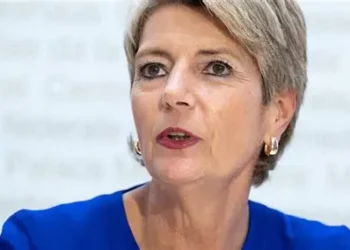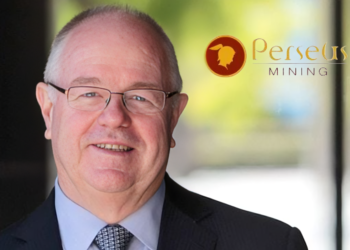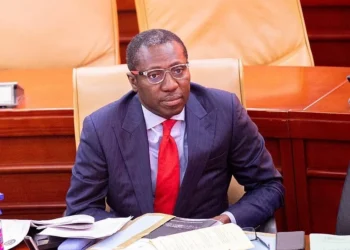The recent African Union Commission (AUC) Chair debate, held at the AU headquarters in Addis Ababa, showcased a pivotal moment in African politics. For the first time, candidates addressed the pressing concerns of African citizens in a public forum, presenting their policies on issues ranging from security and economic integration to necessary reforms.
The candidates — Raila Odinga of Kenya, Mahmoud Ali Youssouf of Djibouti, and Richard Randriamandrato of Madagascar — outlined distinct visions for advancing the continent. As the African Union prepares to elect its new Chair, these debates have set the stage for leadership that will shape the organization’s future.
Vaultz News spoke to Dr. Josh Maiyo, a lecturer at USIU-Africa in Nairobi, Kenya, for expert insights on the candidates’ proposals and their potential impact.
Dr. Maiyo highlighted Raila Odinga as a candidate whose policies are particularly relatable to everyday Africans.
“Odinga’s vision emphasizes unity, development, and empowerment. His focus on critical issues like poverty alleviation, youth unemployment, and climate change demonstrates a commitment to addressing the struggles faced by ordinary citizens.”
Dr. Josh Maiyo
Odinga’s people-centered approach also includes proposals to boost intra-African trade through the African Continental Free Trade Area (AfCFTA) and eliminate visa barriers. These measures, Dr. Maiyo observed, could open up significant economic opportunities for millions across the continent.
Mahmoud Ali Youssouf, meanwhile, prioritizes regional security and reducing reliance on foreign interventions. His policies aim to strengthen the AU’s ability to act decisively on peace and security matters. “Youssouf’s emphasis on implementing AU decisions could appeal to citizens frustrated with the organization’s past inefficiencies,” Dr. Maiyo remarked.
Richard Randriamandrato, with his background as an economist, presented an agenda focused on gradual trade liberalization to increase intra-African trade. While his economic expertise is commendable, Dr. Maiyo noted that “his vision may not resonate as strongly with citizens who prioritize immediate concerns like healthcare and employment.”
The AU’s Agenda 2063, a framework for the continent’s socio-economic transformation served as a reference point for all candidates. Each candidate’s policies reflected their commitment to its aspirations.
Odinga’s proposals for trade and mobility align closely with the goal of a united, integrated Africa. Youssouf’s focus on security mirrors Agenda 2063’s vision of a peaceful and stable continent. Randriamandrato’s emphasis on economic liberalization supports the agenda’s target of increasing intra-African trade.
Ensuring member states adhere to African Union decisions is a persistent challenge. Dr. Maiyo offered valuable strategies for the next Chair to address this. “Strengthening regional alliances can create a unified approach to implementing AU policies,” he explained.
He also stressed the importance of accountability mechanisms and public engagement to foster adherence. “By involving citizens in discussions about AU decisions, the Chair can increase pressure on governments to comply,” Dr. Maiyo added.

Enhancing AU Decision-Making
Public participation is key to making the African Union more effective. Dr. Maiyo emphasized that candidates must find innovative ways to engage citizens. “Digital platforms can be used to gather public input, while partnerships with grassroots organizations can ensure that diverse voices are heard,” he said. He also suggested community outreach programs to raise awareness about AU initiatives.
This approach would not only increase transparency but also strengthen the AU’s legitimacy in the eyes of ordinary Africans. “Public engagement amplifies citizens’ voices and ensures that their concerns are reflected in policy-making,” Dr. Maiyo pointed out.
Criticisms of the AU’s bureaucracy and inefficiency have loomed large in its history. To address these issues, the incoming Chair must prioritize transparency and accountability.
Dr. Maiyo recommended several measures, including implementing open governance practices to make decision-making processes more transparent, establishing independent oversight bodies to monitor operations and ensure policies are effectively executed, and encouraging feedback mechanisms where citizens can provide input and hold the AU accountable. “These reforms are critical for restoring trust among member states and citizens,” he argued.
As Africa waits for the election of the next AUC Chair, this historic debate has set the tone for the continent’s future. Whether through Odinga’s focus on inclusive development, Youssouf’s emphasis on security, or Randriamandrato’s economic strategies, the leadership of the African Union will need to address both immediate challenges and long-term aspirations.
READ ALSO: Empress Gifty Announces Final Funeral Rites Of Mother



















